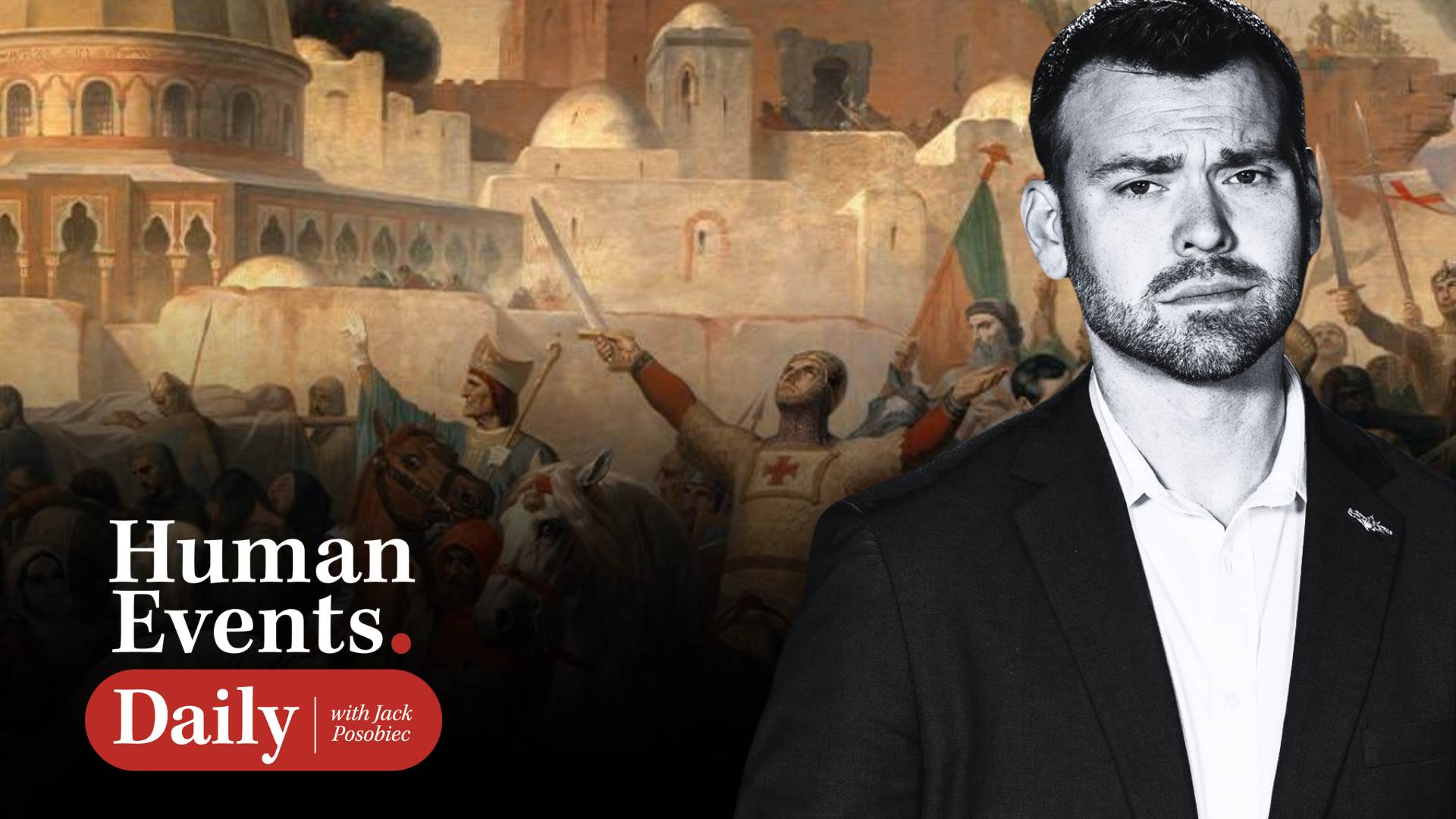Understandably, the Muslim Brotherhood is enraged.
Having won the presidency of Egypt in free and fair elections after the overthrow of Hosni Mubarak, President Mohammed Morsi has been ousted in a military coup and placed under house arrest. Brotherhood leaders, convicted of no crimes, are being rounded up.
They played by America’s rules. Now, with America’s blessing, they are being locked up by America’s friends in Egypt’s armed forces.
Nor is this the first perceived betrayal. When Hamas won the free elections demanded by George W. Bush, America refused to recognize their legitimacy and plotted the violent overthrow of Hamas in Gaza.
When Islamists swept the first round of Algerian elections in 1991, the regime, with the blessing of Bush 1, canceled the second round, leading to a guerrilla war that cost 100,000 to 200,000 dead.
If Muslims have come to believe that Americans preaching democracy are charlatans and hypocrites, do they not have a point?
U.S. foreign policy once seemed to make sense. We put vital interests ahead of democratist ideology. We stood by those who stood by us. We did not spend time inspecting the moral credentials of those who took America’s side. We played the cards we were dealt in this world.
Gen. Washington danced a jig when he heard Louis XVI, a descendant of the Sun King, would support America’s cause against our mother country.
In 1917, Woodrow Wilson took us to war “to make the world safe for democracy” as an associate power of five empires — the British, French, Italian, Russian and Japanese. At war’s end, Wilson signed treaties that plundered the lands and colonies of the three defeated empires, for the benefit of the victorious empires.
In the Good War from 1941 to 1945 against the Nazis, our greatest ally was the mass murderer of Christians and democrats Josef Stalin.
In the Cold War, Dwight Eisenhower sanctioned the overthrow of democratic governments in Guatemala and Iran and their replacement by autocrats who would take our side in the struggle for the world.
We welcomed the Shah, Saudi kings and Gulf emirs. JFK welcomed the “Butcher of the Balkans,” Marshal Tito, to the White House. President Nixon sided with autocratic Pakistan over democratic India — for Pakistan had sided with us.
Nixon went to Beijing to toast Chairman Mao, a monster as great as Stalin. Liberals sickened by our alliance with the “corrupt and dictatorial regime” of President Ngo Dinh Diem in Saigon were ecstatic.
The Nixon White House celebrated the overthrow of elected president Salvador Allende of Chile by Gen. Augusto Pincohet.
Among other U.S. allies in the Cold War were Asian dictators and generals Chiang Kai-shek of China, Syngman Rhee and Park Chung-hee of South Korea, and Suharto of Indonesia.
Portugal’s dictator Antonio Salazar and Spain’s Gen. Francisco Franco were loyal allies against Bolshevism. Mobutu Sese Seko was for 32 years our man in the Congo, as Emperor Haile Selassie was in Ethiopia.
Anwar Sadat and Hosni Mubarak were American allies and dictators of Egypt from 1970 to 2011, until, in the name of our democratic ideals, we threw our flawed friend Mubarak to the wolves.
What is the cause of our present angst over what is happening in Cairo? Our democratist ideals appear to have been run over by U.S. armored personnel carriers driven by Egyptian soldiers trained by the U.S. Army. Whether or not our interests have been advanced, our ideals seem to have been wounded.
Behind our ambivalence and paralysis may be found several truths. First, the Cold War, the life-or-death civilizational struggle that defined our times, is over. No vital U.S. interest is at risk in Egypt to justify military intervention or the shedding of American blood.
This is thus their problem, not ours, most Americans believe, and our influence is receding there, even as that of the British, French and Russians did before us. Let them work it out.
Testifying to this truth is the tape of Secretary of State John Kerry inspecting his yacht off Nantucket as the Egyptian regime fell, and Obama, after a brief National Security Council conclave, heading off for the golf course on the July 4 weekend, then on to Camp David.
Today, from Egypt to Lebanon to Syria and Iraq, it is Islamist against secularist, Sunni vs. Shia, tribe against tribe, those in power against those who want power. The Arab Spring has ushered in the Arab war of all against all.
That year 1848, when all the thrones of Europe were shaken by revolution, was a similar time. And those wise old war hawks of 1812, Henry Clay and John Calhoun, found themselves again on the same side.
America, they said, should stay out.
“Masterly inactivity” is our role, said Calhoun. Added Clay, “Avoiding the distant wars of Europe, we should keep our lamp burning brightly on this Western shore as a light to all the nations than to hazard its utter extinction amid the ruins of fallen or falling republics.”
Patrick J. Buchanan is the author of “Suicide of a Superpower: Will America Survive to 2025?”




